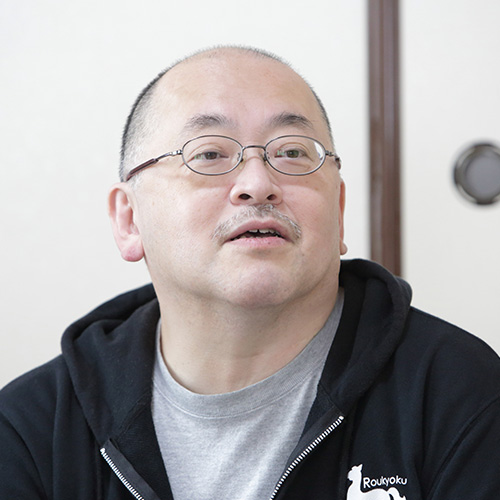
McKoy Sugie
Born in Tokyo in 1968. He graduated from the Literature Department of Keio University. He is currently active as a writer in the field of mystery critique and has also published widely about traditional Japanese arts.
Swedish mystery fiction seems strongly oriented towards novels that portray the whole of society.
This trend emerged in the 1960s, heavily influenced by Maj Sjöwall and Per Wahlöö, the writing duo who laid the groundwork for subsequent mystery fiction in Sweden.
In post-war Sweden, social reform movements gained traction and literary naturalism and realism attracted increasing attention. It stands to reason that the crime novel would come to the fore within this, given the effective means it offers of portraying the human condition. The pre-war period also saw large numbers of literary works that we might categorize as mystery fiction, but the novels written by Sjöwall and Wahlöö marked a clear departure from those predecessors. The pair began writing novels together in 1963 and published Roseanna in 1965, the first in their detective series featuring the Stockholm police officer Martin Beck.
The series of eventually ten novels depict Sweden between 1965 and 1975. The social reform movements had peaked in 1968 and then begun to wane. Sjöwall and Wahlöö were alarmed by this, and wrote exhaustively about the changes occurring in Sweden through the eyes of Martin Beck. The character occupies a very intermediary position in society, with his duties as a police officer bringing him into contact with both the upper classes and criminals from the underclass. The novels frequently involved themes related to violated social ethics, especially vis-à-vis sexuality, forming a frank portrayal of the good and bad in society. Sjöwall and Wahlöö’s use of the protagonist’s observations of society and universal perspective, and their portrayal of humanity, warts and all, became the basic format for subsequent mystery fiction in Sweden. The series has been widely translated and highly influential in many cultures.
The author who then took the Swedish mystery fiction established by Sjöwall and Wahlöö and updated it for the 1990s was Henning Mankell. Mankell had a cosmopolitan outlook as a writer, having done relief work in Africa, and he showed in his writings how Sweden too cannot remain detached from international affairs. The Kurt Wallander series that began with 1991’s Faceless Killers vividly portrayed the present situations with which Sweden is grappling, including anti-immigrant sentiments. What is particularly notable about the series is the equal weight that Mankell gives to Wallander’s private life and the case he investigates in each story, cementing the protagonist’s personality as an indispensable part of the appeal of mystery fiction.
An important work that came after Mankell is the Millennium trilogy by Stieg Larsson. Published from 2005, the series centers on journalist Mikael Blomkvist and Lisbeth Salander, a woman whom past abuse has turned into a solitary warrior fighting social ills. In this way, Larsson repeatedly portrays women as oppressed figures in society, a theme with which the character of Lisbeth is inextricably linked. It is also possible to see the series as anticipating the #MeToo movement that spread worldwide in the 2010s. While harnessing the mode of social observation that has typified the genre since the Martin Beck series, Larsson’s trilogy has plots closer to adventure fiction and a thriller than the conventional format of a detective story, in the process variously liberating Swedish mystery fiction.
Contemporary Swedish mystery fiction then began to diversify. Notable examples include Niklas Natt och Dag’s 1793 (published in English as The Wolf and the Watchman), the first part in a trilogy. Innovatively taking the form of a historical thriller set in Stockholm at the end of the eighteenth century, Natt och Dag’s work is nonetheless rooted in the Swedish mystery tradition of sharp social criticism. With the appearance of such writers, Swedish mystery fiction has entered a new phase.
English translation: William Andrews